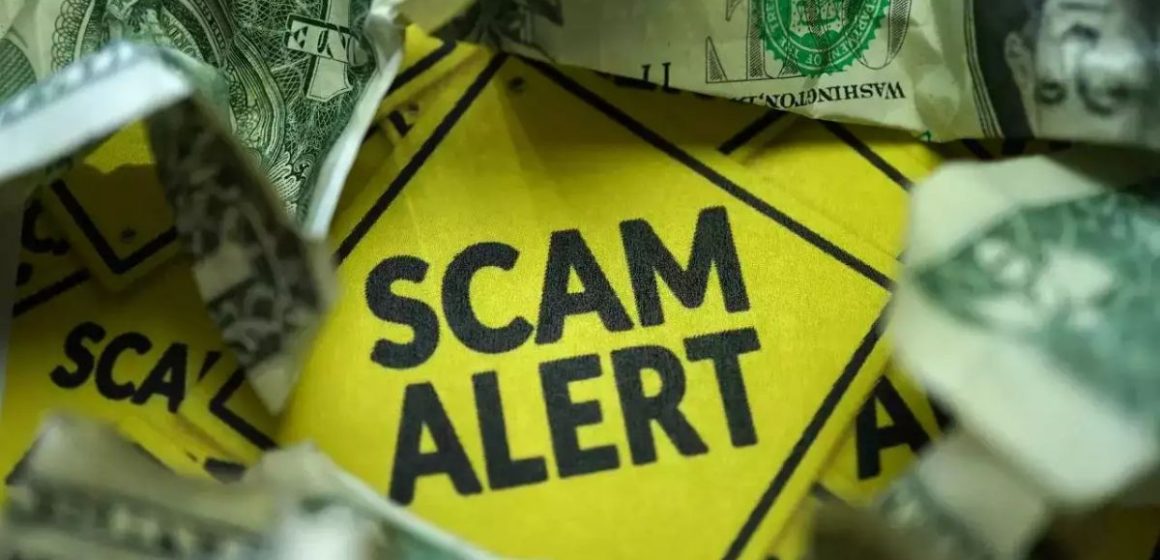Scams targeting citizens, companies, and professionals have increased recently in Washington State. These fraudulent acts include impersonation scams and complex phishing operations.
To safeguard oneself and the society, awareness and alertness are essential. The following five frauds are currently plaguing Washingtonians:
Smishing Attacks: False Notifications of Toll Payments
Concerns regarding an increase in “smishing” (SMS phishing) attacks have been raised by the FBI and the Washington State Department of Transportation (WSDOT).
False SMS messages posing as toll authorities, like WSDOT’s Good To Go!, are sent by scammers. Scheme, using fraudulent URLs to demand urgent payment and allege that recipients have past-due tolls.
The purpose of these messages is to trick people into divulging financial and personal information, which could result in identity fraud and financial theft.
Preventive Actions:
- When receiving unsolicited text messages about toll payments, avoid clicking on links.
- Check the official Good To Go! website or get in touch with WSDOT directly to confirm any communications pertaining to tolls.
- Watch out for messages that threaten punishment or demand quick action.
Scams of Government Impersonation Aimed at Companies
Fraudsters have been sending phony letters to nonprofit organizations and small businesses pretending to be representatives of the Washington Secretary of State’s Office.
These letters threaten fines or business dissolution for noncompliance and demand payments in excess of the usual state business filing fees.
Some scams target Latino company owners in particular and use threats of jail time to persuade them to pay right away.
Preventive Measures:
- Contact the Secretary of State’s office immediately to confirm the authenticity of any correspondence purporting to be from them.
- Unsolicited communications that threaten fines or demand urgent payment should be regarded with suspicion.
- Notify the Attorney General’s Office in Washington of any questionable communications.
Scams involving Law Enforcement Impersonation
Fraudulent calls from people posing as representatives of the Sheriff’s Department have increased, telling receivers that they have warrants for their arrest because they failed to report for jury duty or have unpaid taxes.
These con artists try to obtain cash or personal information from victims, frequently intimidating them with threats of arrest.
Safety Advice:
- Be advised that reputable police enforcement organizations do not call and ask for money or personal information.
- If someone posing as law enforcement calls and demands money, end the call and check the claim by getting in touch with the organization.
- Never give uninvited callers your financial or personal information.
Scams involving Healthcare Provider Impersonation
Healthcare professionals in Washington have been the subject of a persistent fraud ring that poses as representatives of the Department of Health and the Washington Medical Commission (WMC).
Scammers try to convince providers that they are being investigated and that they risk losing their licenses if they don’t comply with requests by using the WMC’s phone number, email address, and website URL to look authentic.
Ways to Prevent:
- Contact the agency via formal channels to confirm the identity of someone claiming to be from a regulatory agency.
- Unsolicited letters that demand quick obedience or threaten disciplinary action should be regarded with suspicion.
- Inform local law enforcement and the relevant regulatory body about any questionable interactions.
Impersonation of Celebrities in Romance Scams
A 73-year-old grandmother from Marysville, Washington, lost over $20,000 to a con artist posing as MSNBC anchor Ari Melber in a heartbreaking event.
Using artificial intelligence (AI)-generated voice recordings to increase trust, the scammer persuaded her to give gift cards by claiming that she needed money for a sick dog and promising a love relationship.
Suggestions:
- Online connections that develop rapidly and involve requests for money or personal information should be avoided.
- Make sure the people you meet online are who they say they are, particularly if they pose as celebrities or public personalities.
- Don’t send gifts or cash to somebody you haven’t met in person.
To Conclude
In conclusion, the increase in scams throughout Washington State emphasizes the value of being alert and taking preventative action.
To protect against monetary losses and identity theft, locals, companies, and professionals need to be aware of common scams and follow suggested procedures.
Washingtonians can better safeguard themselves and their neighbors from being victims of fraudulent schemes by raising community awareness of these hazards.



Leave a Reply